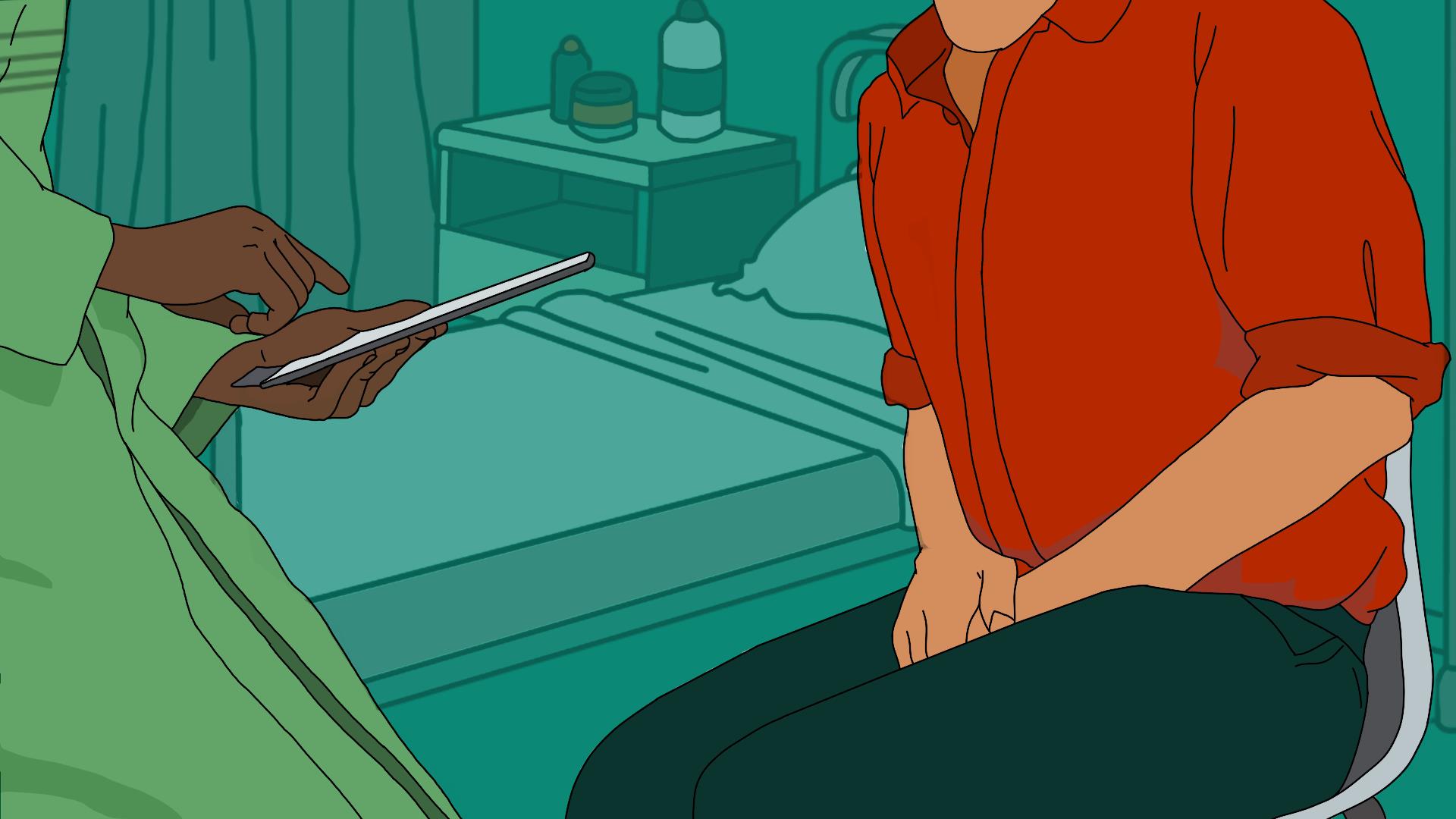🎧 Listen to: Swollen Testicles

Swollen Testicles
Introduction: Why should you care?
Imagine waking up one morning and noticing that one or both of your testicles are swollen. You might ignore it at first, hoping it will go away, but what if the swelling continues? This is a reality for many African men, yet too many suffer in silence or seek help only when it is too late.
In Africa, testicular conditions are often neglected due to stigma, lack of awareness, and limited access to healthcare. According to health reports, cases of testicular cancer, infections, and conditions like hydrocele (fluid buildup in the scrotum) are rising, but many men do not seek medical attention until complications arise. This article breaks it all down so that every man can understand why swollen testicles happen, what to do about them, and how to prevent serious complications.
What causes swollen testicles?
Scrotal swelling (enlargement of the sac that holds the testicles) can happen due to various reasons, including infections, injuries, or medical conditions. The swelling may be painless or very painful, depending on the cause. Some common causes include:
Infections
- Epididymitis (infection of the tube at the back of the testicle)
- Orchitis (infection of the testicles, often linked to mumps or sexually transmitted infections like chlamydia or gonorrhea)
- Scrotal cellulitis (infection of the skin covering the scrotum)
Fluid build-up
- Hydrocele (fluid accumulation around the testicle, often causing a painless swelling)
- Varicocele (enlarged veins in the scrotum, which may cause discomfort and affect fertility)
Trauma and injury
• A strong hit or accident can cause swelling due to internal bleeding or inflammation.
Testicular torsion (a medical emergency!)
• When a testicle twists, cutting off blood supply, it causes sudden and severe pain. This is a medical emergency that requires urgent surgery to save the testicle.
Hernia
• A hernia occurs when part of the intestine pushes into the scrotum, causing swelling and discomfort.
Testicular cancer
- Though rare, testicular cancer can start as a painless lump in the testicle and later cause swelling. Early detection can save lives.
How do you know what’s causing your swelling?
If you notice any swelling in your testicles, look for other symptoms that might help you identify the cause:
- Painful swelling: Infection, torsion, or injury
- Painless swelling: Hydrocele, varicocele, or testicular cancer
- Redness and warmth: Infection
- Hard lump inside the testicle: Possible cancer
- Swelling that increases after standing or lifting heavy objects: Hernia
The best way to be sure is to see a doctor immediately. They will examine your scrotum, do an ultrasound to check inside, and may request blood tests or an STI test to rule out infections.
Treatment options: What can be done?
The treatment of swollen testicles depends on the cause:
Infections
- Treated with antibiotics (oral or injection)
- Pain relievers and warm compresses may help with discomfort
Testicular torsion
- Emergency surgery is needed to untwist the testicle and restore blood flow. If delayed, the testicle may die and need to be removed.
Hydrocele and varicocele
- May resolve on their own, but surgery may be required in severe cases.
Hernia
- Requires surgical repair to prevent complications.
Testicular cancer
- Treated with surgery, chemotherapy, or radiation therapy, depending on the stage of cancer.
Prevention: How to protect yourself?
Many testicular conditions can be prevented or detected early by:
- Practicing safe sex to prevent sexually transmitted infections
- Avoiding trauma by wearing protective gear during sports or heavy work
- Doing regular self-examinations to check for lumps or changes
Seeking medical help early if you notice unusual swelling or pain
